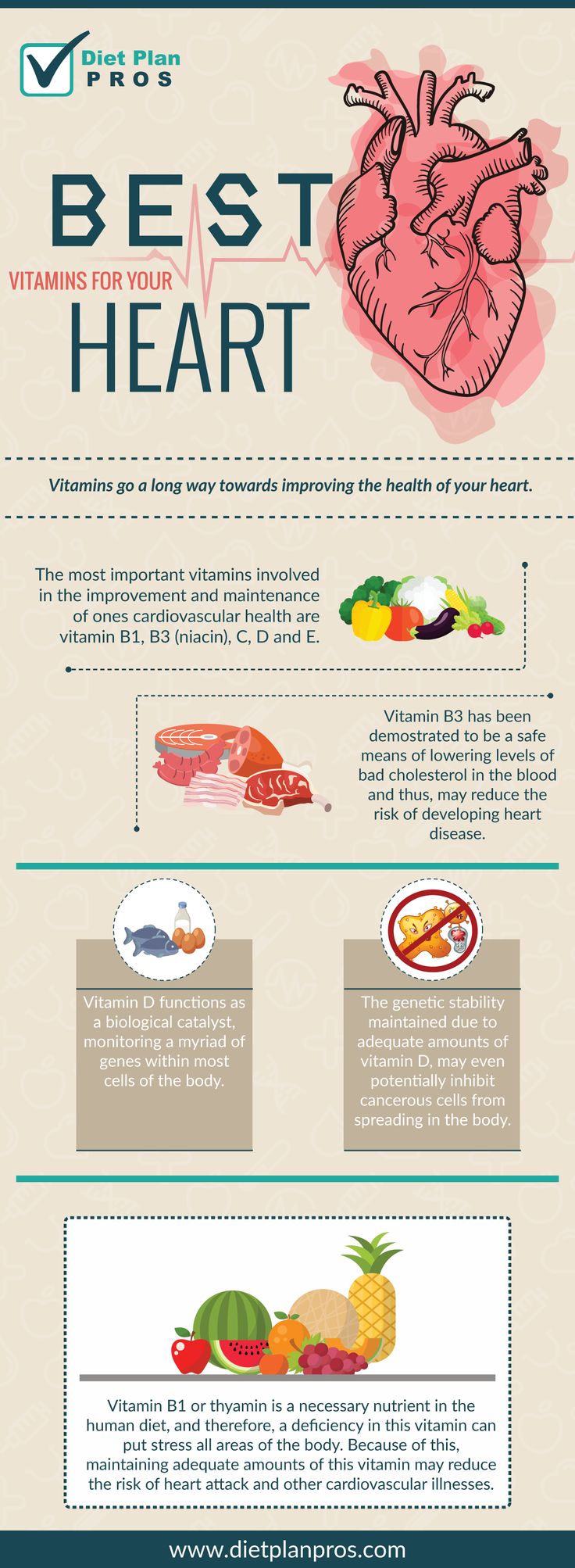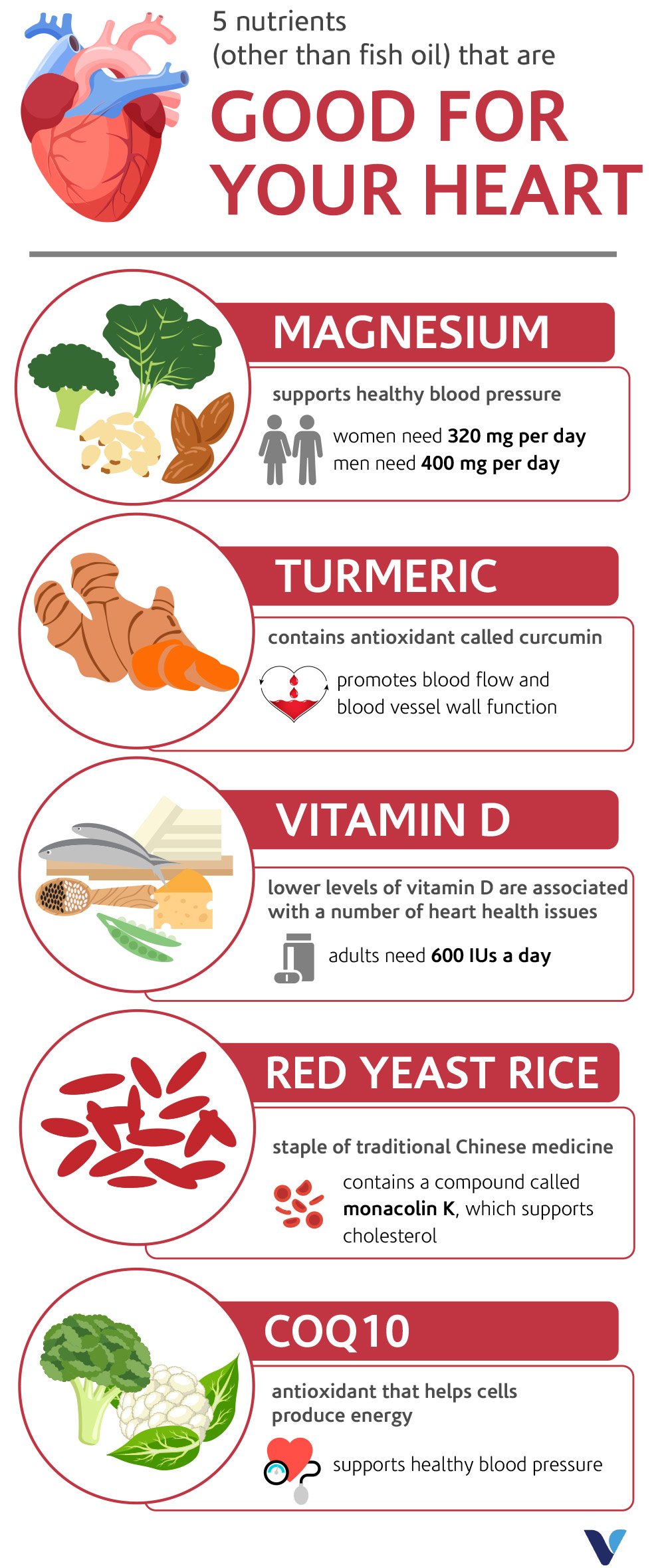Boost heart health with b vitamins: a comprehensive guide
In our quest for optimal heart health, vitamins and nutrients play a pivotal role. Among these, b vitamins have garnered attention for their potential benefits in maintain cardiovascular advantageously being. This article dive into the importance of b vitamins for heart health, offer insights, guidance, and real life examples to help you make informed choices.
Understanding b vitamins
B vitamins are a group of water-soluble vitamins that perform essential roles in maintain overall health. There be eight different b vitamins, each contribute unambiguously to heart health:
- Vitamin b1 (thiamine ) supports energy production and proper heart function.
- Vitamin b2 (riboflavin ) important for energy production and serve as an antioxidant.
- Vitamin b3 (niacin ) assists in lower bad cholesterol levels.
- Vitamin b5 (pantothenic acid ) crucial for produce coenzyme aaimportant in fat acid metabolism.
- Vitamin b6 (pyridoxine ) helps regulate homocysteine levels, an amino acid link to heart disease.
- Vitamin b7 (biotin ) supports energy metabolism.
- Vitamin b9 (folate or folic acid ) vital for reduce homocysteine levels and support fetal health during pregnancy.
- Vitamin b12 (cobalamin ) essential for red blood cell formation and neurological function.
The role of b vitamins in heart health
B vitamins contribute to heart health in several ways:
- Regulate homocysteine levels elevated homocysteine levels are link to an increase risk of cardiovascular diseases. Vitamins b6, b9, and b12 play a crucial role in convert homocysteine into methionine, thereby reduce its levels.
- Cholesterol management niacin ((itamin b3 ))s knoknown help lower ldLDL (d cholesterol ) )d raise hdl HDLo( cholesterol ), c)tribute to a healthier lipid profile.
- Support heart muscle function thiamine ((itamin b1 ))s essential forfor maintaininge energy supply of the heart muscle, facilitate efficient heart function.
- Combat oxidative stress b vitamins, specially riboflavin, act as antioxidants, protect the heart from damage cause by free radicals.
Sources of b vitamins
Incorporating b vitamin into your diet can be achieved through various food sources:
- Whole grains rich in thiamine, riboflavin, and niacin.
- Leafy greens excellent sources of folate.
- Meat and fish provide b12 and niacin.
- Eggs and dairy products contain riboflavin and b12.
- Legumes and nuts supply a mix of b vitamins, include biotin and pantothenic acid.
Real life example: b vitamins and heart health
A considerable know case highlight the impact of b vitamins on heart health involve a study conduct on middle-aged adults. Participants with elevated homocysteine levels were administered a daily supplement contain folic acid, b6, and b12. Over a period of six months, researchers observe a significant reduction in homocysteine levels, correlate with improved cardiovascular markers. This study underscore the potential of b vitamins in support heart health.
 Source: walmart.com
Source: walmart.com Tips for optimal b vitamin intake
To maximize the heart health benefits of b vitamins, consider the following tips:
- Balanced diet ensure a diverse diet rich in whole grains, lean proteins, and vegetables.
- Supplementation consult a healthcare professional before start supplements, specially if yyou havedietary restrictions.
- Regular check-ups monitor your homocysteine levels and cholesterol profile regularly.
- Avoid overconsumption excessive intake of certain b vitamins, peculiarly niacin, can have adverse effects.
Conclusion
Incorporating b vitamin into your diet can be a simple yet effective strategy for enhance heart health. By understand the roles and sources of these vitamins, you can make informed choices that support your cardiovascular advantageously being. As research will continue to will explore the connection between b vitamins and heart health, will stay will inform and proactive will empower you to take charge of your heart health journey.
For more information and personalized advice, consult with healthcare professionals who can guide you base on your unique health needs.
 Source: healthy food near me.com
Source: healthy food near me.com